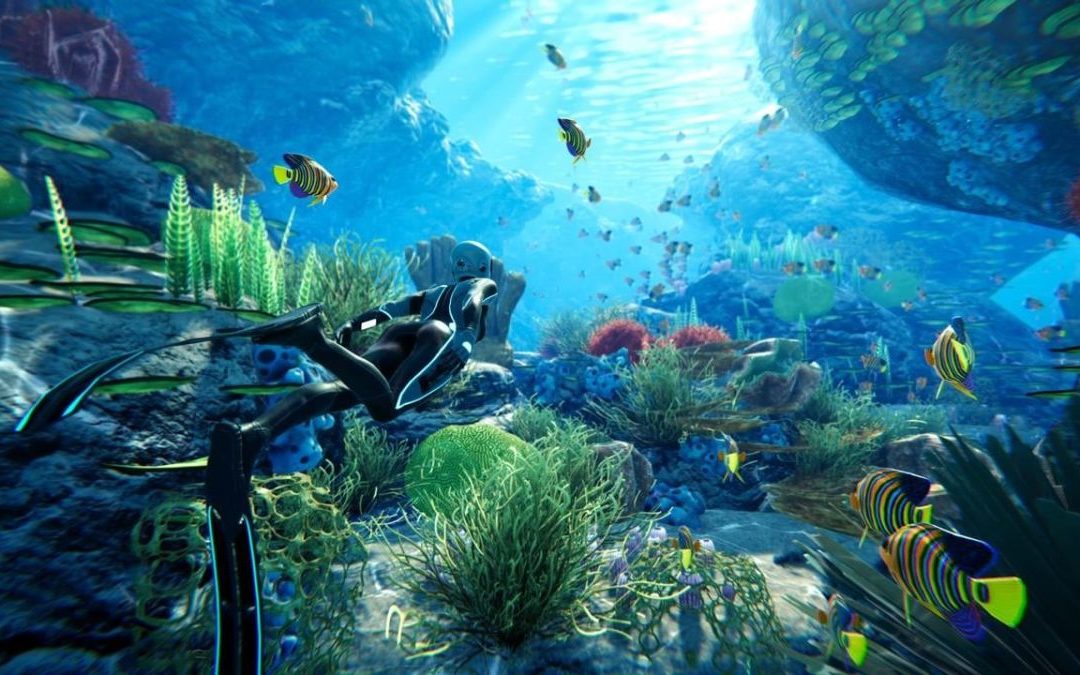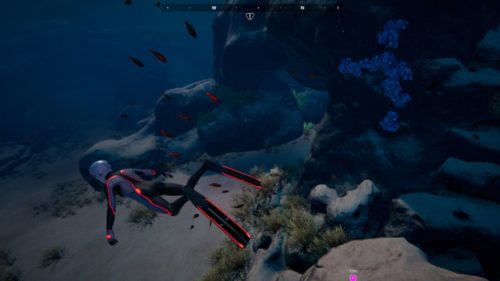
Sometimes after a long day all you want to do is unwind. Fortunately, there are plenty of games on the market that can help you do just that and Beyond Blue is the latest example. It feels as if it has been built specifically to be the most relaxing and calming game you can play. However, along the way, Beyond Blue also attempts to make you think about the environmental issues facing our planet and its oceans.
Immediately after starting it up, you are reminded of other similar games that gave players the chance to dive deep into the ocean and discover what wonders lie beneath the surface. The likes of Abzû and Subnautica spring to mind. But where Abzû was focused more on fantasy and metaphor, Beyond Blue puts the emphasis very much on realism as it aims to portray the job of deep sea diving and the environment as accurately as possible. In that sense, you get the impression that the developers wanted this game to be an educational tool rather than a great playing experience.
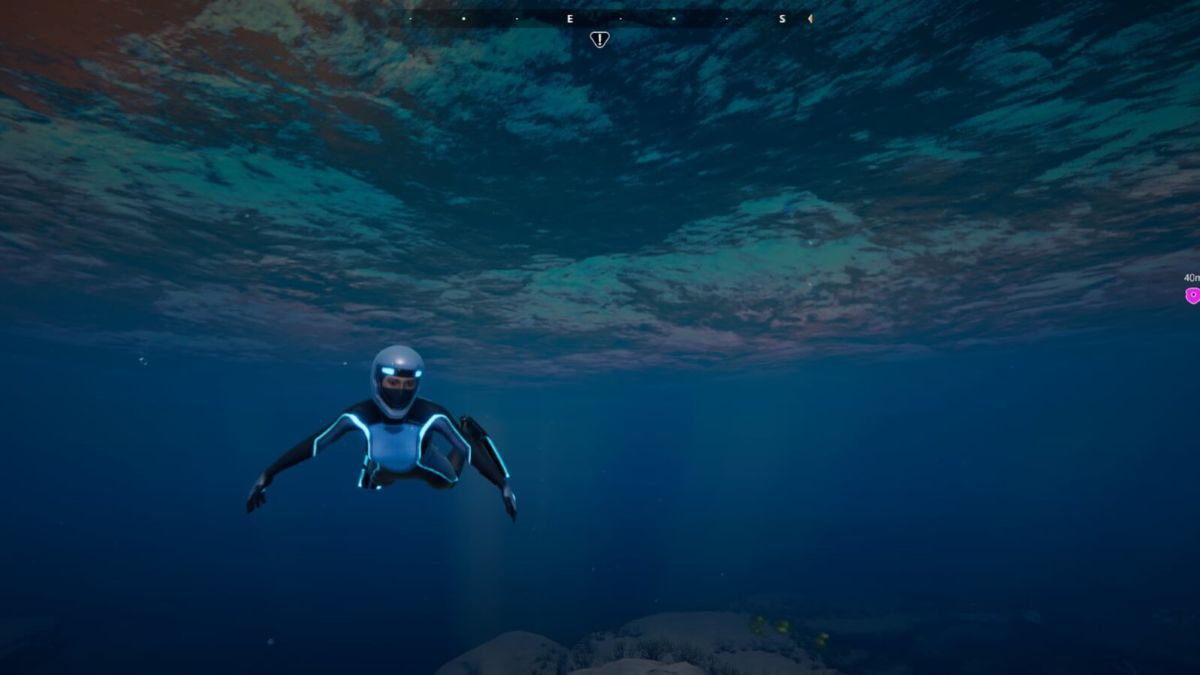
That isn’t meant as a criticism. While it doesn’t have the stylish and distinctive art style of many other games, it manages to effectively carve out a place for itself. Taking footage and images from BBC Studios, the team behind it have managed to recreate the action captured in the highly acclaimed documentary series Blue Planet II. The end result is an incredible amount of detail for both the creatures you encounter and the spaces that you explore. There will be many times when you will just want to stop for a few moments and take in the beautiful visuals.
Another area where Beyond Blue differs from Abzû is in the gameplay. Whereas the 2016 title was all about fluid movement and fast-paced action, this game feels more deliberate. The swimming is satisfying and responsive without feeling too quick, prompting you to take your time more and take in everything around you rather than zoom through the seascapes. Beyond Blue also takes a different direction from the likes of Subnautica by moving away from an open-world setting. It is a linear game that has eight distinct locations and that works in its favor by allowing the developers to tell a story as if you are part of a documentary.
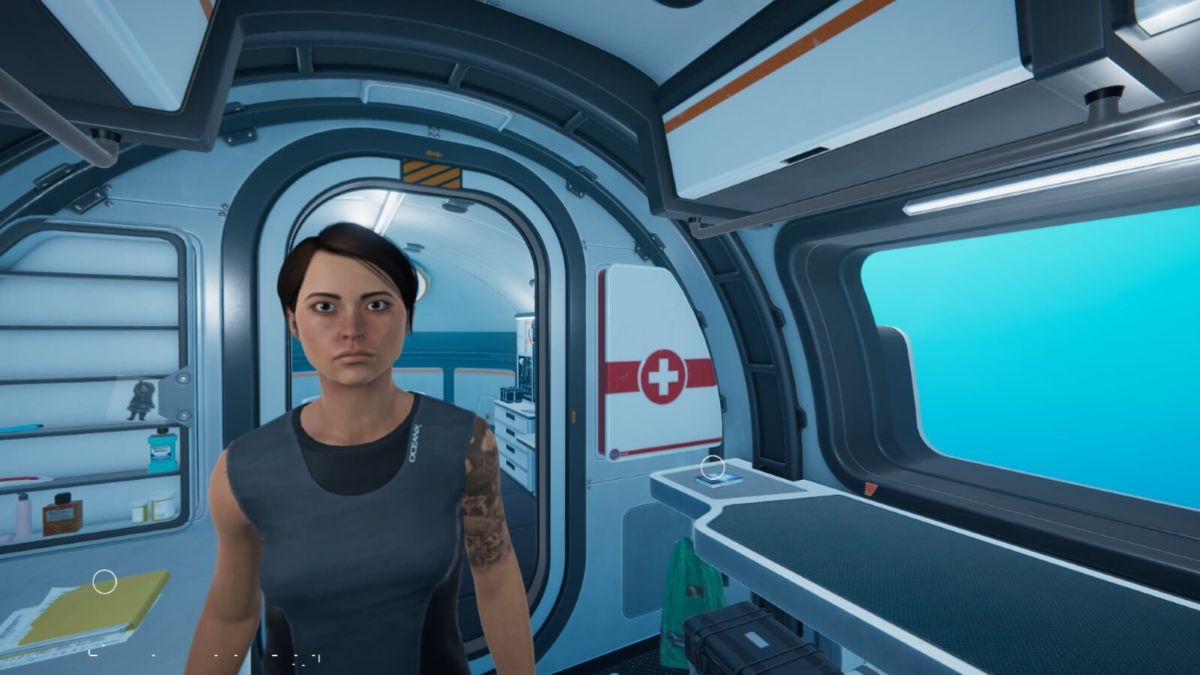
For the most part, you are tasked with using near-future technology to track down and scan various creatures, with the emphasis being on a group of sperm whales moving throughout the area. To do this, you have to swim to specialist equipment and use it to locate the animals. Once you know where they are, you can move near to scan them and get the vital data for your research project. A few collectible and hidden secrets are also scattered throughout each dive, giving you another reason to try and take everything in.
As you unlock different locations after completing each separate dive, you are pretty much given free reign over how you want to explore the areas. There are no time limits for objectives or pushy characters trying to force you to move forward. Instead, you can indulge yourself in the watery world in which you are submerged. That is the key strength of Beyond Blue, giving you control to just immerse yourself in this strange environment.
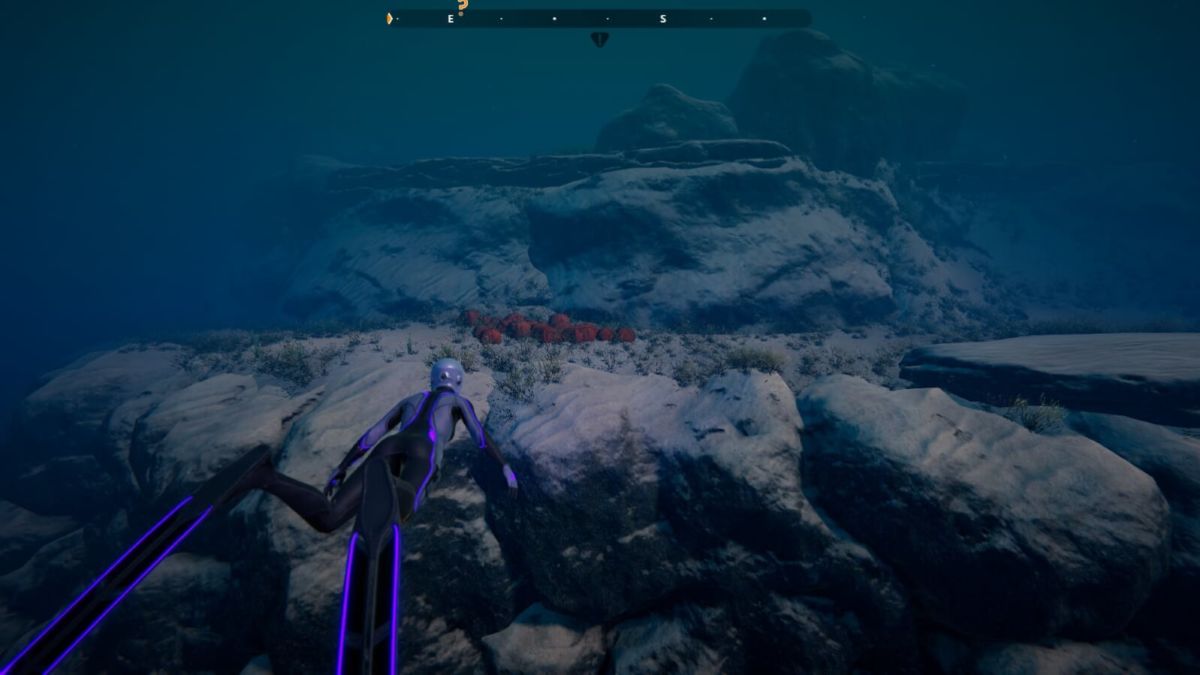
Those looking for any sort of jeopardy, though, would be better served playing something else. Nothing you can do ever puts you in any real danger and there is no way to fail any of the objectives. Even swimming directly towards creatures that you would expect to be dangerous, such as a shark, leads to nothing other than the animal turning away in another direction. While this certainly helps provide a sense of calm, it does remove any sort of challenge. It is hard to get a sense of achievement from something that requires nothing in the way of skill or ability.
Where Beyond Blue does try to challenge you is in your preconceptions about the oceans and the wildlife that live there. The game never feels like it is being overly preachy, although it does not hide the fact that it is trying to educate the player and get them to reflect on the importance of underwater habitats. The main character, Mirai, is a constant source of information thanks to the fact that she is livestreaming everything you do. But there are other resources available, as scanning animals unlocks mini-documentaries and interviews with scientists or experts. For those interested in learning about this underwater world, there is plenty of material to dig into and it is presented in a fun and accessible way.
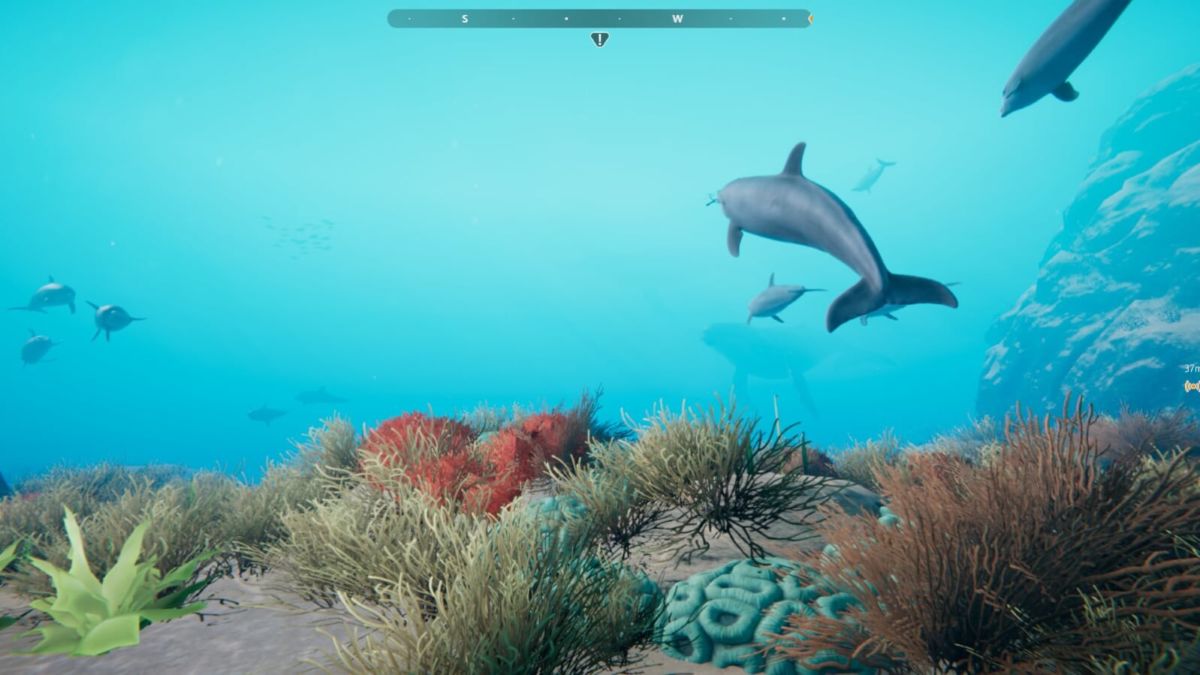
Curiously, the developers have tried to inject some plot into Beyond Blue. Often it is to the detriment of the overall experience as the extra stories feel superfluous and crammed in at the last minute. After every dive, players get the chance to have calls with family members and friends. You hear stories about your sister struggling with her studies and an elderly relative suffering from Alzheimer’s disease. Including a human element in this way is all rather unnecessary and wasn’t something I found interesting or felt added much to the game.
What these moments do show off is the impressive sound design in the game. Each conversation is filled with great voice acting from the likes of Mira Furlan and Ally Maki. The fact that the voice work was so good meant that listening to the calls was more enjoyable than it otherwise would have been. On top of that is a great musical score, which switches between a soothing vibe when you are underwater to a more energetic collection of tunes aboard the submarine base from artists such as Miles Davis.
Despite the fact that the narrative is unlikely to win any awards, Beyond Blue succeeds at what it sets out to do. In a four-hour package, it delivers a pleasant enough gameplay loop that will almost certainly help to calm you down after a stressful day. But in addition to that, it successfully gets its message across, teaching you about the environmental issues facing the Earth’s seas in a way that is enjoyable and never feels like it is being rammed down your throat. The game even provides you with the resources to dig deeper and learn even more. So while it may not be a brilliant game, it is without question an excellent educational tool.
An Xbox One code was provided for the purposes of this review.
Some of the coverage you find on Cultured Vultures contains affiliate links, which provide us with small commissions based on purchases made from visiting our site.
